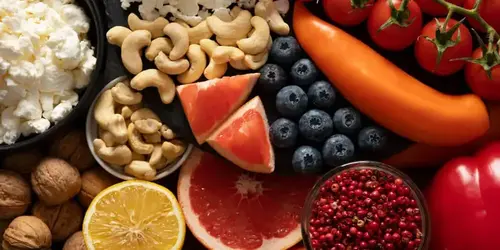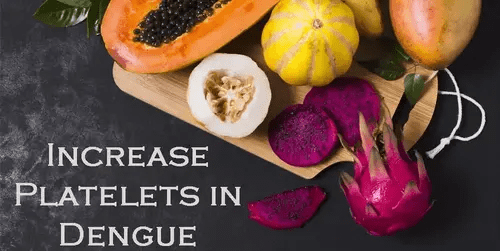
Maintaining optimal hemoglobin levels is crucial for overall health and well-being. Hemoglobin, a protein found in red blood cells, plays a pivotal role in transporting oxygen from the lungs to various parts of the body. Low hemoglobin levels can lead to fatigue, weakness, and a range of health issues. In this guide, we will explore effective and natural ways about how to increase hemoglobin levels, promoting vitality and sustained energy.
Before delving into natural solutions, it’s essential to understand the significance of hemoglobin. This iron-rich protein binds with oxygen, facilitating its transportation through the bloodstream. When hemoglobin levels are insufficient, the body struggles to deliver an adequate oxygen supply to organs and tissues, resulting in fatigue and other health complications.
1. Iron-Rich Diet
The cornerstone of increasing hemoglobin naturally is adopting an iron-rich diet. Iron is a key component of hemoglobin, and incorporating iron-rich foods into your daily meals is vital. Foods such as lean meats, poultry, fish, beans, lentils, and green leafy vegetables are excellent sources of iron. Consuming a balanced and varied diet ensures a steady supply of iron to support optimal hemoglobin production.
2. Vitamin C
Pairing iron-rich foods with vitamin C-rich sources can significantly enhance iron absorption. Vitamin C aids in the conversion of non-heme iron (found in plant-based foods) into a more absorbable form. Include citrus fruits, strawberries, bell peppers, and tomatoes in your diet to maximize the benefits of iron-rich foods.
3. Incorporate Copper-Rich Foods
Copper is another essential mineral that contributes to the body’s ability to absorb and utilize iron. Foods such as nuts, seeds, whole grains, and seafood are excellent sources of copper. Including these foods in your diet can support the efficient utilization of iron for hemoglobin synthesis.
4. Folate and Vitamin B12
Folate and vitamin B12 are crucial for the production and maturation of red blood cells, contributing to healthy hemoglobin levels. Leafy greens, citrus fruits, and fortified cereals are rich in folate, while eggs, dairy products, and lean meats are excellent sources of vitamin B12. Including these nutrients in your diet promotes optimal red blood cell formation.
5. Herbs and Spices
Several herbs and spices have been traditionally used to boost hemoglobin levels. Nettle leaf, dandelion, and alfalfa are known for their iron content and ability to support overall blood health. Including these herbs in teas or incorporating them into meals can be a flavorful and natural way to enhance hemoglobin levels.
6. Stay Hydrated
Adequate hydration is often overlooked but is crucial for overall health, including hemoglobin production. Water supports the proper functioning of the circulatory system, ensuring that red blood cells can efficiently transport oxygen. Aim for at least eight glasses of water a day to support optimal blood health.
7. Regular Exercise
Engaging in regular physical activity stimulates the production of red blood cells, consequently promoting healthy hemoglobin levels. Both aerobic exercises and strength training contribute to improved blood circulation, ensuring that oxygen is efficiently transported throughout the body.
8. Adequate Sleep
Quality sleep is essential for overall health and plays a role in maintaining healthy hemoglobin levels. During sleep, the body undergoes crucial repair and regeneration processes, including the production of red blood cells. Aim for 7-9 hours of uninterrupted sleep each night to support optimal hemoglobin synthesis.
Conclusion
Prioritizing your health by adopting these natural strategies can lead to increased hemoglobin levels, promoting vitality and sustained energy. A holistic approach that combines a nutrient-rich diet, hydration, regular exercise, and sufficient sleep can work synergistically to support optimal blood health. By incorporating these lifestyle changes, you can unlock the door to increased hemoglobin levels and a healthier, more vibrant life.





